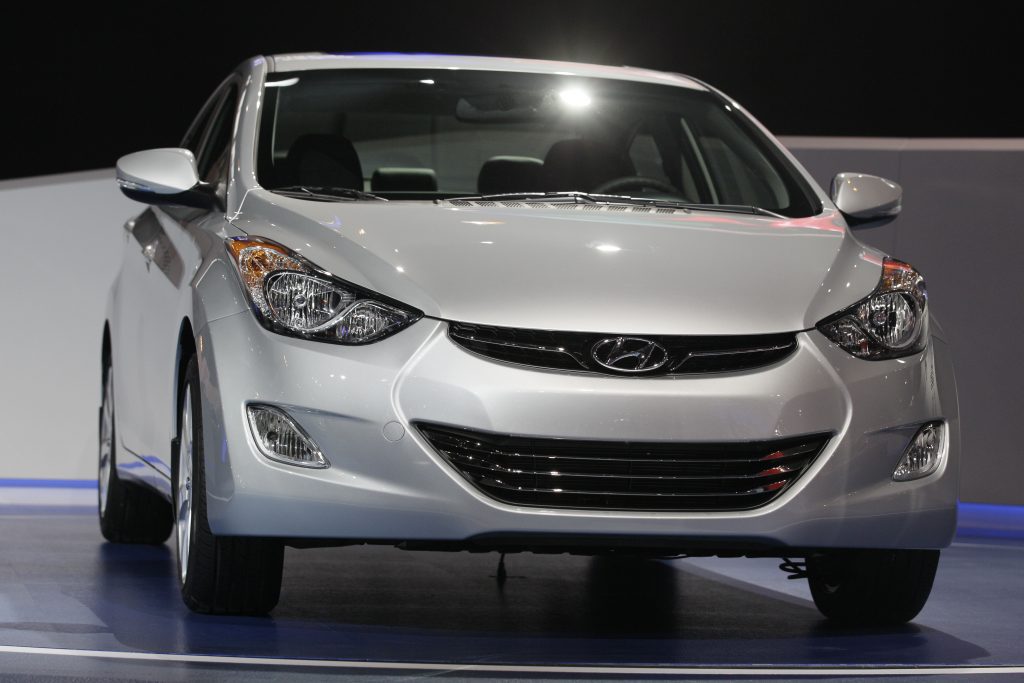In September, Hyundai and Kia recalled 3.4 million vehicles in the US, warning that the vehicles could catch fire whether the engine was on or off, and advised to park them outdoors away from buildings.
After six months, most of these cars are still on the road without being fixed, putting owners, their families, and others at risk of fires spreading to garages, houses, or other vehicles.
Hyundai and Kia admitted that it would be difficult to repair most of the vehicles until June or later, about nine months after announcing the recalls. The companies stated that the large number of vehicles and the fires caused by brake fluid leaking onto circuit boards of the antilock braking systems were the main reasons for the delays.
The companies mentioned that they have been unable to obtain enough parts, specifically fuses, to fix most of the affected vehicles. Some of their top-selling models for the years 2010 to 2017, including Hyundai’s Santa Fe and Kia’s Sportage, are among those affected.
The companies advised owners to contact dealers if they see dashboard warning lights or smell something burning. Despite ongoing risks, both companies stated that the cars are still safe to drive.
When the recalls were announced in September, the automakers reported that the defect had caused 56 vehicle fires and other incidents. No injuries were reported.
Safety advocates are concerned about the longer-than-usual time for repairs. Typically, repairs start in 10 weeks or less, though some may take longer if the cause cannot be determined quickly. Too much brake fluid leakage could impair stopping ability, they noted.
The delayed repairs are the latest in a series involving engine fires on Hyundai and Kia vehicles. Since 2010, a total of 13 million vehicles have been recalled for engine problems.
Hyundai mentioned that the repairs require a complex fuse assembly with new covers and labels. Both automakers explained that multiple types of new fuses are necessary to cover all models.
Hyundai stated that they are collaborating with multiple suppliers and prioritizing the recall, ensuring quality for the replacement fuses. Kia also mentioned efforts to expedite fuse production.
According to a schedule filed with the government by Hyundai, owners will not receive repair advisory letters until April 22. Most owners will receive the letters in May or June—eight or nine months after the recalls were announced. Some Kia owners will not receive the letters until late June.
Since September, over 500 owners filed complaints with NHTSA, accusing the automakers of delaying repairs. The fires have continued while owners await repairs, with at least five complainants reporting engine compartment fires.









